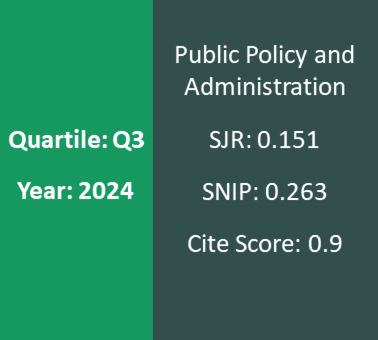The Concept and Practices of Environmental Compensation in European Union
DOI:
https://doi.org/10.5755/j01.ppaa.15.3.16616Abstract
This article discusses the concept of environmental compensation and provides the examples of environmental compensation practices in various European Union countries. The principle of environmental compensation is to avoid, minimize, restore or compensate the damage to the biodiversity due to human activities, however in practice it is almost impossible to achieve no net loss to the biodiversity. European Union has issued Directive that established the principles of environmental compensation already in 2004, however until now the practices of environmental compensation in European Union countries are very fragmented. The implementation of environmental compensation principles in urban development is constrained mainly by factors such as lack of space, and the complexity of environments that are affected.
There is a lack of integrated approach towards the strategies how environmental compensation should be implemented in the planning of various projects that have impact upon biodiversity. Furthermore, there is a lack of holistic approach towards the nature in legislation and practices of environmental compensation, as usually focus of instruments is on specific parts of natural environment. Ideally, the principles of environmental compensation should be an integral part of national strategies of sustainable development.





